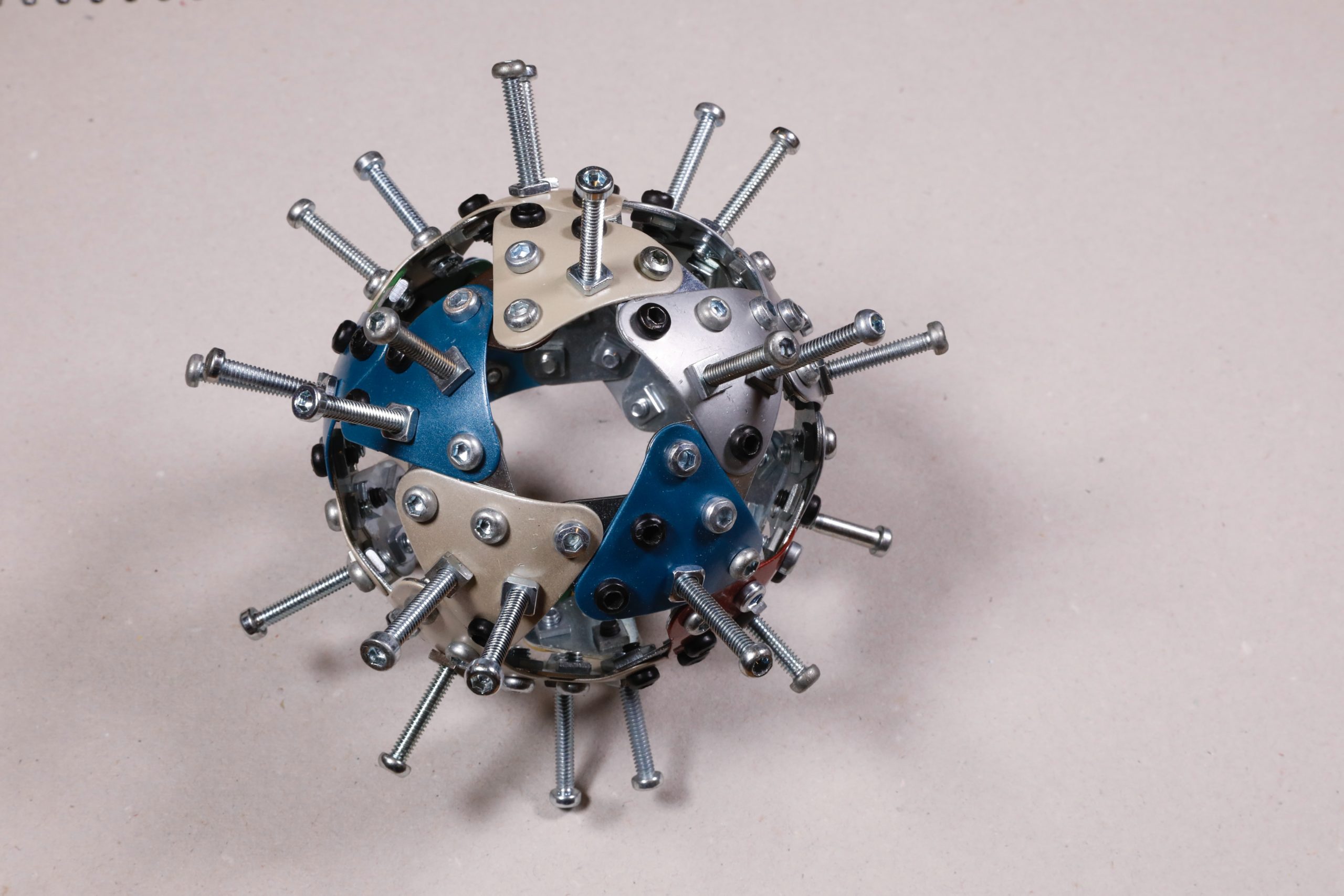This post has been contributed by Dr Peter Ross, Visiting Fellow, Birkbeck, Department of Management, Centre for Innovation Management Research
Birkbeck University together with University College London and a researcher from the South Western University of Finance and Economics in China have collaborated with NHS England to collect and analyse diagnostic PET-CT [Positron Emission Tomography-CT] imaging data pertaining to 90% of all diagnostic PET-CT scans undertaken in England during the first wave of the Coronavirus disease pandemic [Covid-19].
As a key investigation for people with cancer, the number and indications for PET-CT scans undertaken between January to June 2020 were compared to the same months in the previous years. Some of the preliminary results of the research were recently presented at the annual British Nuclear Medicine Society meeting.
The study’s data revealed a 32% decrease in the number of people presenting for PET-CT scanning during April of the first period of lockdown in England. In contrast, by June 2020 the number of PET-CT scans being undertaken was only 6% lower than the same month in the previous year. The study concluded that the reason for the decrease in activity during the first wave of Covid-19 related to health seeking behaviours of the public. There was no evidence to indicate that the fall in PET-CT scanning activity was related to the inability of NHS hospitals and scanning centres to deliver the service.
It is hoped that the findings from the study will improve the care of people with cancer by contributing to improved health care decision making during the second wave of the Covid-19 pandemic in the England.
The findings of the full study have been submitted for publication. A pre-print of some of the initial findings are published on Research Square.

